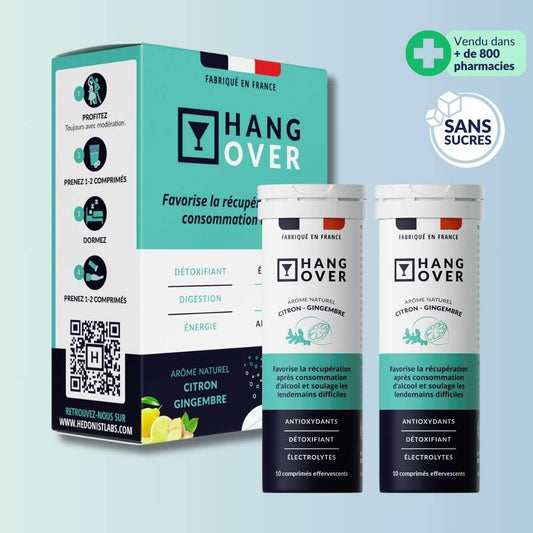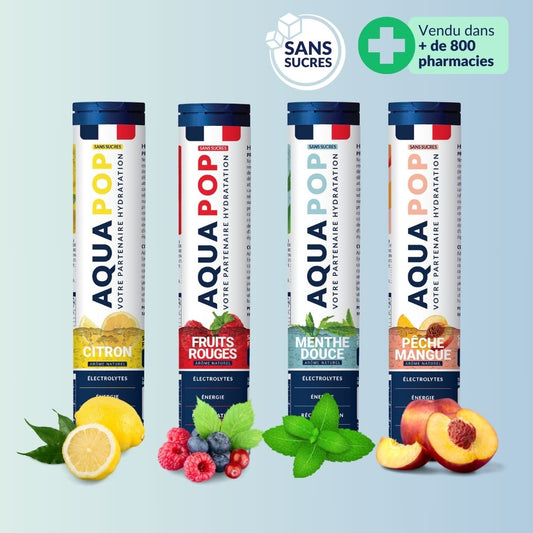The Hedonistlabs laboratory
The question of whether alcohol stimulates the appetite is a difficult one to answer, largely because of the wide variety of alcoholic beverages available. Some are fizzy, some are sweet, some are salty, some are thicker and some less so, and each of these aspects can suppress or stimulate appetite.
It's all a question of associations. For example, we associate red wine with food, so we tend to eat more when we drink it. The fizz of certain alcoholic beverages can also cause numbness in your mouth and palate.
The relationship between alcohol consumption and body weight is complex and uncertain, as it can be influenced by the type of alcohol, the level of habitual consumption and gender differences. Heavy and regular alcohol consumption is often associated with weight gain, although it is unclear whether this is due to alcohol consumption itself or to the additional energy intake from food.
Evidence that alcohol can stimulate appetite
Alcohol consumption stimulates appetite and can stimulate appetite. Although the mechanism is unclear, it has been hypothesized that alcohol consumption appears to bypass the satiety mechanisms that regulate short-term food intake.
Numerous studies have attempted to test whether alcohol is indeed an appetite stimulant, the medical term for any substance that increases appetite. The methods used by these researchers vary from study to study, but their central idea is the same.
Participants were offered alcoholic or non-alcoholic beverages and observed the calories consumed at the next meal, the hunger reported by these participants before, during and after the meal, and their degree of satisfaction and satiety.
Alcohol can also stimulate nerve cells
Alcohol can also stimulate nerve cells in the brain's hypothalamus, increasing appetite. These neurons are activated by hunger, resulting in extreme hunger, and can be stimulated by alcohol consumption, resulting in those sometimes uncontrollable cravings.
Similarly, alcohol affects the endocrine system and hormonal responses, both of which can be linked to brain function.
Alcohol and appetite
In short, alcohol can stimulate appetite in some people and lead to a satiety effect in others. The specific choice of beverage, frequency of consumption, whether or not one drank a lot or a little, quality of sleep or quality of food may also have played a role in the results.
It 's important to note that excessive alcohol consumption can have adverse effects on health, including an increased risk of obesity and chronic diseases such as diabetes and cardiovascular disease. It is therefore advisable to consume alcohol in moderation and maintain a balanced diet to maintain good health.
HANG-OVER and the gabaergic rebound
When GABA levels fall after alcohol consumption, this can also affect appetite and feelings of hunger.
Thanks to its unique formula containing lemon balm, HANG-OVER helps anticipate the gabaergic rebound that leads to hedonic hunger by controlling the onset of hunger, which also helps prevent weight gain.




